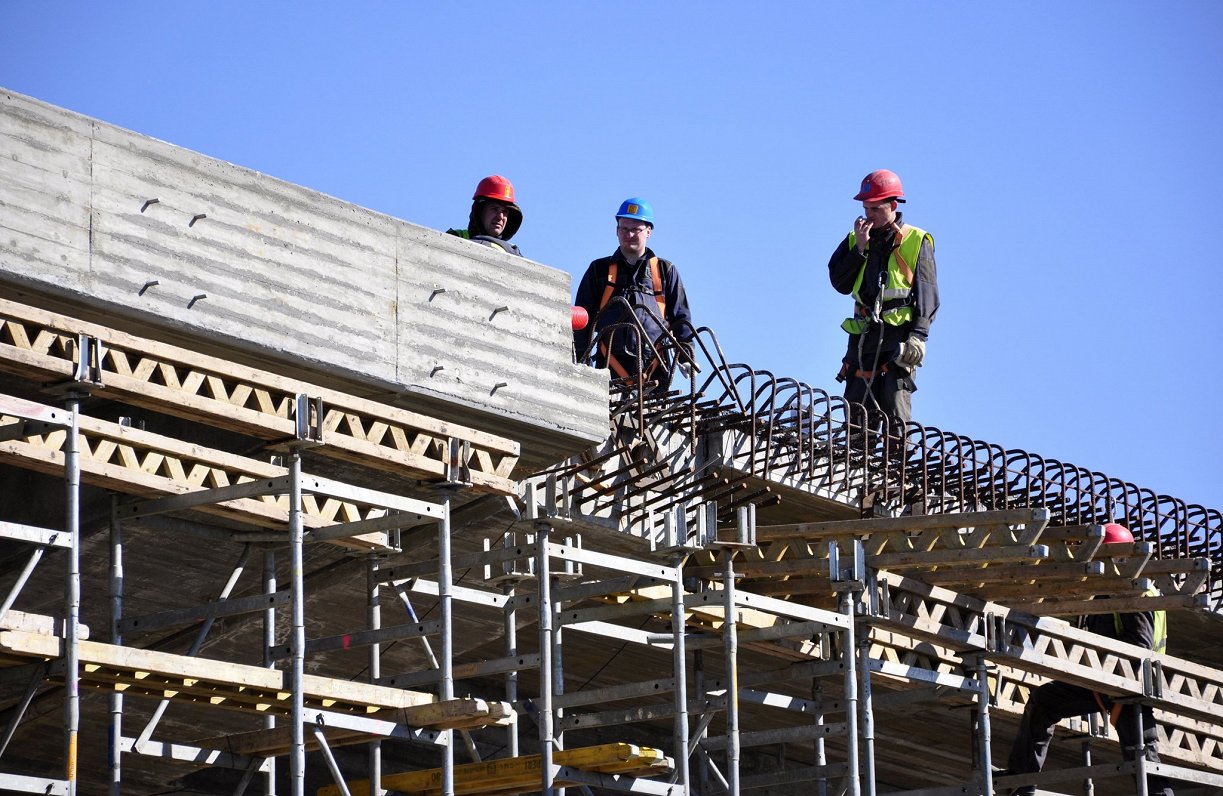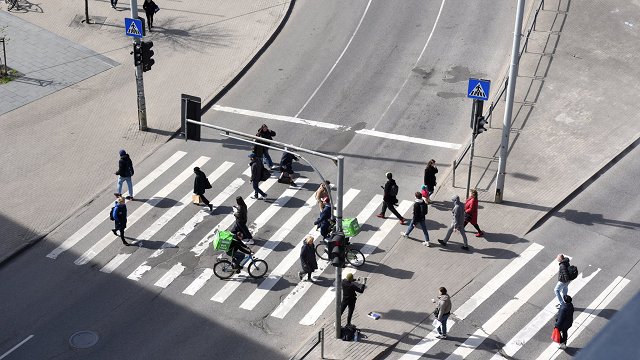The survey, published by Kantar on August 4, shows that 71% of employees are satisfied with their workplace in general, of which 13% are very satisfied, but 25% are generally unsatisfied,
“And what we see – the satisfaction of employees with their work has decreased significantly over two years,” said Signe Kaņējeva, an expert on staff studies at the public opinion research company Kantar.
The proportion of 'very satisfied' workers has fallen significantly, almost twice, and overall the satisfaction of workers is at the lowest level in the last five years. In the previous study in 2021, 77% of workers were satisfied with their workplace, of which 22% were very satisfied.
“As far as the reasons are concerned, there was a substantial increase in the share of very satisfied workers during the Covid period. Perhaps these workers appreciated the true values of life, including the fact that they even had a job. However, this year, in the face of post-Covid fatigue and in the face of the negative consequences of geopolitical events – energy crisis, price rises, inflation – workers in Latvia have become more demanding and critical in their assessment and also more open to other, especially more attractive alternatives,” Kaņējeva said.
She added that the lowest level of satisfaction is among workers, people with lower incomes, including those working in catering and accommodation. In recent years people of pre-retirement age have become significantly more dissatisfied with their work. Perhaps these people have experienced the smallest wage hikes or none.
The survey shows that 58% of the respondents would leave their job for a higher-paying one. Other reasons for leaving job are indicated as personal issues (age, health, family) (23%), better bonuses at a different job (20%), and a lower stress level (18%).
The president of the Latvian Free Trade Unions Association, Egils Baldzēns, says that the time of Covid has already been exhausting, but there has been no chance to recover due to the significant price hikes.
"In an indirect way, there was a pay devaluation. Yes, there has been a rise in wages, but compared to the cost of living, it has been small. At the moment, when we see increases in energy prices, of course, the satisfaction rate is lower. It is therefore important for employers not only to address pay issues but also to ensure good relations with colleagues and to provide all kinds of bonuses," Baldzēns said.
Employers, too, think that this survey of workers shows the mood of the entire society.
The Director General of the Employers' Confederation, Kaspars Gorkšs, said it is worrying that one in four employees does not want to change and improve productivity.
“Therefore, the LDDK has also asked the Ministry of Education and Science to make changes to the rules and employers can pay for higher education without being taxed, thereby increasing the qualifications of employees. We also call for increased levels of non-taxable health insurance policies to promote the quality of life of employees. And, of course, it is important to make changes to the labor tax framework in Latvia,” said Gorkšs.
With lower labor taxes, employers hope to pay higher wages and compete more successfully with neighboring states for workers. One of the four options for tax policy reform also foresees this, but changes, even if they are politically accepted, could only come into effect next year.
The study surveyed 850 employees in Latvia in April 2023.





























